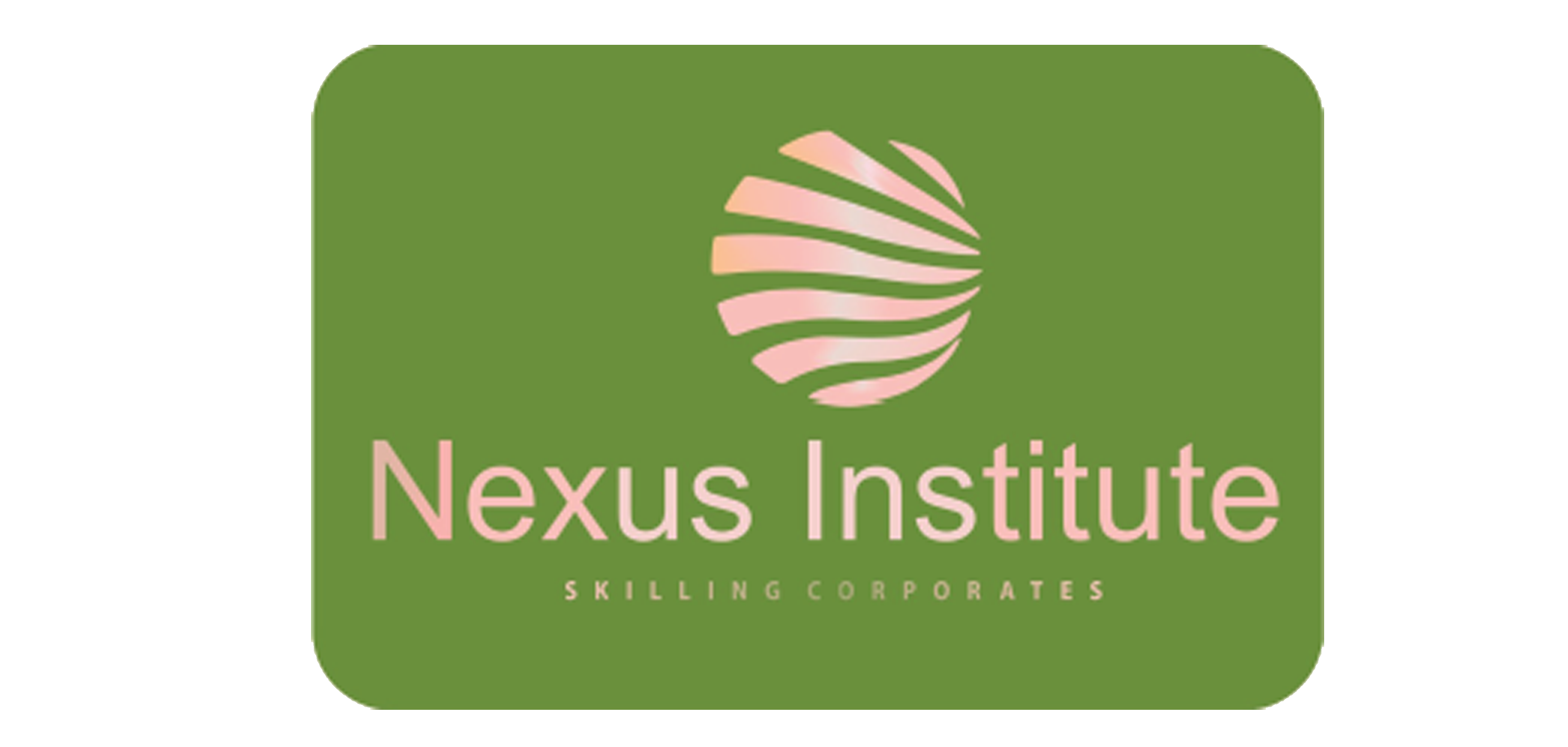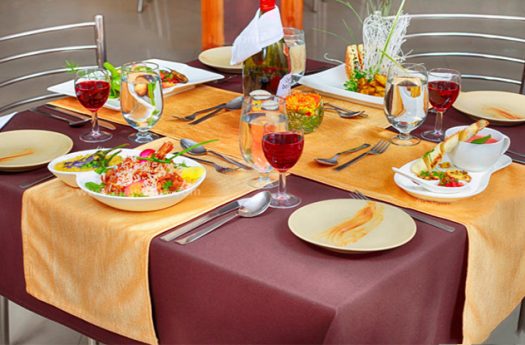Course Overview
Overview:
This course in bamboo processing and value addition is designed to equip participants with the knowledge and skills required for sustainable and value-added utilization of bamboo as a versatile material. Participants will learn about bamboo cultivation, harvesting, processing techniques, and value-added product development. Through a combination of theoretical learning, hands-on training, and practical demonstrations, this course aims to empower individuals to engage in bamboo-based industries, including construction, furniture making, handicrafts, and sustainable product manufacturing.
Objectives:
- Introduce participants to the properties, characteristics, and sustainable management of bamboo.
- Provide hands-on training in bamboo processing techniques, including cutting, splitting, laminating, and finishing.
- Educate participants on value-added product development using bamboo, such as furniture, handicrafts, flooring, and sustainable building materials.
- Foster innovation and creativity in bamboo product design, prototyping, and manufacturing.
- Promote sustainable practices and environmental stewardship in bamboo utilization and value addition.
Duration:
The duration of the course may vary depending on the depth of coverage and the availability of resources. A comprehensive course could span from several weeks to several months, typically with a mix of classroom sessions, practical workshops, and field visits
Detailed Content:
Module 1: Introduction to Bamboo
- Overview of bamboo species, growth characteristics, and ecological significance
- Sustainable bamboo cultivation and management practices
- Introduction to bamboo-based industries and market opportunities
Module 2: Bamboo Harvesting and Processing
- Techniques for sustainable bamboo harvesting and post-harvest handling
- Bamboo processing methods: cutting, splitting, flattening, and laminating
- Hands-on practice: processing bamboo culms into usable materials
Module 3: Bamboo Joinery and Construction
- Joinery techniques for bamboo construction: traditional and modern methods
- Bamboo structural components: beams, columns, trusses, and panels
- Hands-on practice: assembling bamboo structures and prototypes
Module 4: Bamboo Furniture and Handicrafts
- Design principles for bamboo furniture and handicrafts
- Techniques for shaping, bending, and finishing bamboo for furniture making
- Hands-on practice: crafting bamboo furniture pieces and decorative items
Module 5: Bamboo Flooring and Paneling
- Production techniques for bamboo flooring and paneling
- Surface treatment and finishing options for bamboo flooring
- Hands-on practice: manufacturing bamboo flooring and paneling products
Module 6: Sustainable Building Materials
- Bamboo-based sustainable building materials: bamboo boards, composites, and engineered products
- Applications of bamboo in sustainable construction: roofing, cladding, and insulation
- Hands-on practice: manufacturing and testing bamboo building materials
Module 7: Value-Added Product Development
- Innovation and creativity in bamboo product design and development
- Prototyping techniques and materials testing for bamboo products
- Hands-on practice: developing and refining prototypes of bamboo value-added products
Training Methodology:
- Classroom Sessions: Theoretical concepts will be taught through lectures, presentations, and discussions on bamboo biology, ecology, processing techniques, and product development.
- Practical Workshops: Hands-on training will be provided in bamboo processing techniques, joinery, furniture making, handicrafts, and sustainable building material production.
- Field Visits: Participants will visit bamboo plantations, processing facilities, and bamboo-based industries to observe real-world practices and learn from industry experts.
- Group Activities: Participants will engage in group projects, design challenges, and problem-solving exercises to apply their knowledge and creativity in bamboo product development.
- Demonstrations: Instructors and guest experts will conduct demonstrations of advanced bamboo processing techniques, product prototypes, and sustainable building applications.
- Feedback and Evaluation: Ongoing feedback will be collected from participants to assess understanding, skill development, and project outcomes. Formal assessments may include quizzes, assignments, and practical evaluations.
This course in bamboo processing and value addition offers a comprehensive learning experience that combines technical instruction with hands-on practice, innovation, and sustainability principles, preparing participants for careers in bamboo-based industries and entrepreneurship in bamboo product manufacturing.



